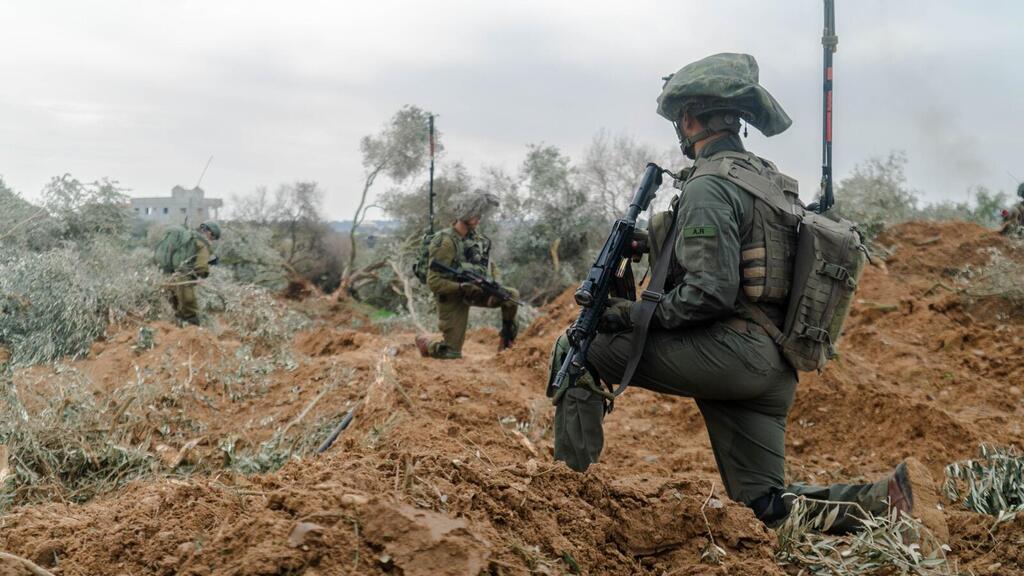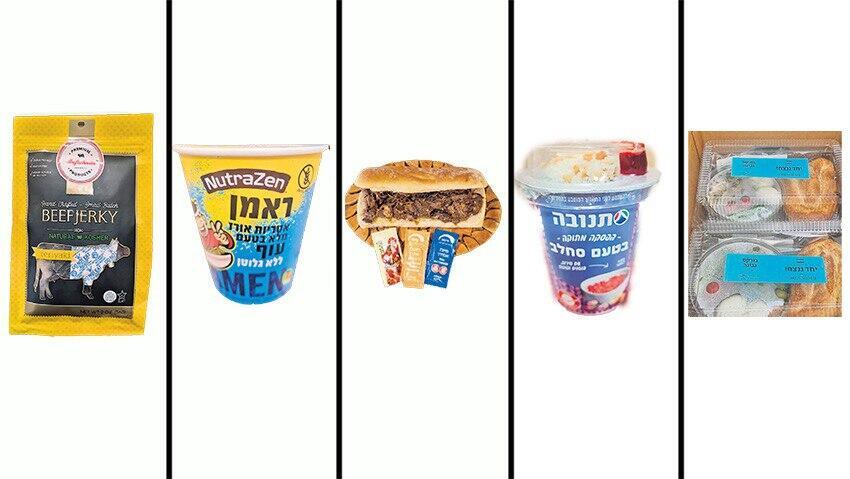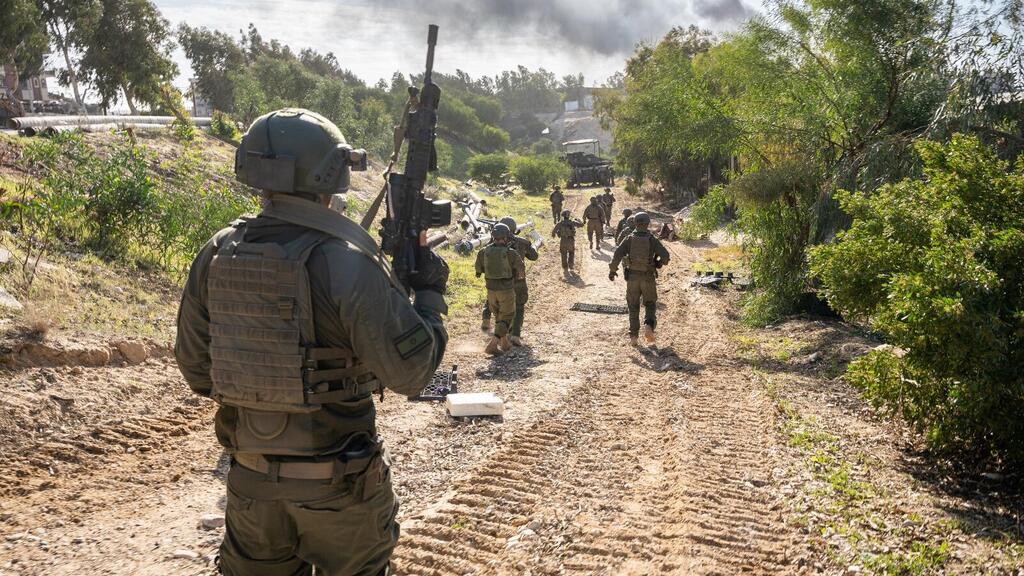Getting your Trinity Audio player ready...
In the past four months since the start of the war in Gaza on October 7 and through the end of January, the Israel Defense Forces has spent the unprecedented amount of one billion shekels, or nearly $274 million, on food – double the annual food budget for the military in 2022.
More stories:
The information comes from data provided by the Defense Ministry’s Head of Procurement, who is responsible for the subject. Since the outbreak of the war and the mobilization of reserve units, the IDF has been sustaining approximately three times the number of soldiers compared to routine periods.
At this stage, the full annual budget for the military’s food supply is still unclear and depends on the force structure in the upcoming stages of the war. However, the Defense Ministry claims that the increase in expenditure stems, among other things, from diversification and improvement in the types of food provided to soldiers in the field.
According to the IDF, there’s a need to “pamper” the soldiers and provide them with better overall food quality. Due to the prolonged duration of the war, changes have been made to some of the products distributed to soldiers, ranging from canned goods to high-quality sandwiches, shawarma, hot cooked meals and more.
In addition, the Defense Ministry’s head of Procurement has started to purchase and supply cigarettes to reserve soldiers and energy snacks to combat soldiers. "Insight from the ongoing war suggests there’s a need to upgrade and diversify foods given to the soldiers. Soldiers can no longer maintain themselves on field rations. We’re dealing with the Y and Z generations, which the army considers to pamper more,” Alon Horesh, deputy head of Procurement told Ynet.
One of the surprising innovations added to the combat rations menu is beef jerky – dried strips of kosher beef that historically served as an early nutritional solution for nomadic tribes and are now imported to the IDF from the United States in significant quantities for the first time. The beef strips are intended to add variety and are provided alongside the traditional combat rations, which had become somewhat stale for the soldier.
Some of the soldiers also enjoy high-quality sandwiches, with a shawarma sandwich or cheese toast also being added to the menu. Bourekas packages with eggs and pickles, as well as sets of hot meals in packaging that preserve their heat, have also been introduced. In addition, efforts are made to provide soldiers with fruits, vegetables and dairy products.
"We carried out a significant upgrade in food variety, contracted new suppliers from communities close to the Gaza border, and now hamburgers or shawarma sandwiches make it to the front lines," Horesh told Ynet.
“Additionally, we purchased energy snacks that can go into combat vests. This upgrade is essential because soldiers spend long months in the field, and there’s a need to improve their service conditions in the food sector. This move expanded during the ongoing war."
Currently, the Defense Ministry’s head of Procurement is working in collaboration with the IDF to develop food solutions for the next phase of fighting, providing a 24-hour answer for forces entering and leaving Gaza.
The IDF is also planning to construct facilities that will include refrigerators with fresh and frozen food products ready for heating, including pizzas, hot meals and facilities to make hot drinks.





